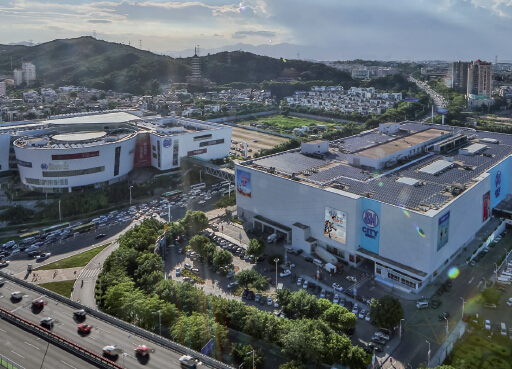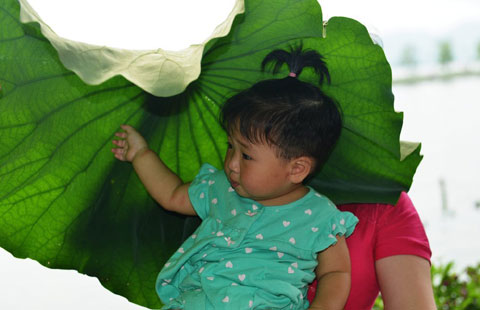Firms friendly to environment,employees and consumers
Updated: 2014-07-21 09:58
(China Daily)
|
|||||||||||
 |
| SM Group has rooftop solar panels on its shopping malls in Xiamen. |
Companies in Xiamen now take energy conservation and sustainability as key strategies in their development.
Developed by Philippinesbased SM Group, one of the leading shopping malls in the city has maintained a low-carbon concept since it opened in 2001.
“We are not only looking for the present customers, but also future ones,” said Ronald Allan Brosas, assistant vicepresident of SM China.
“We always make sure that the energy, air and water we consume meet the highest environmental standards,” said Brosas.
Last July, the group installed solar panels at SM City Xiamen and SM Lifestyle, two high-end shopping malls in the city.
It is the first integrated photovoltaic effort at shopping centers in Xiamen and the only one to get funding help from the Fujian provincial government.
The effort was named “The 2013 Best Community Project” at the third China Charity Festival in January.
With a annual capacity of 1.28 million kilowatt hours, the solar systems are expected to reduce carbon dioxide emissions by more than 1,000 tons annually.
“The solar panels function partly as a temperature controller of the buildings,” he said.
The average temperature of a roof with solar panels is 7 C to 8 C lower in summer than roof without them, which in turn decreases a building’s internal temperature by 2 C to 3 C, he said.
“We are able to save energy and improve efficiency,” said Brosas.
The group is also famed for an Earth Hour event in its 53 shopping malls worldwide every year.
Currently, SM has five malls in Chinese cities including Xiamen, Zibo in Shandong province, Tianjin, Changzhou and Yangzhou in Jiangsu province.
Another pioneer contributing to the city’s sustainability is Xiamen Lewei Trading Co, a supermarket chain and e-commerce operation with the brand name Tastylife.
Founded in 2010, the company offers imported organic and non-organic food for foreigners in Xiamen.
“Tastylife strives to expand the process of sustainable food by contributing to the health and needs of our customers,” said Wu Weiling, founder of the company.
“We advocate the concept of ‘farm to table’, which means providing green ingredients and the best food to our consumers. By doing this, they know how the food is produced,” said Wu.
It also shows that every step in the food chain is organic, he said.
“We encourage farmers to use biological fertilizers or non-chemical approaches in sowing and planting, which I think is a growing trend in China and overseas,” said Wu. The company has its own farms in Xiamen and Quanzhou in Fujian province.
“We are planning more organic farms to meet the diverse demands of highend customers,” he said. Jan Laegaard Broni, general manager of Alu Rehab Co Ltd, a Norway-based company specialized in tailor-made wheelchairs and accessories, said to achieve sustainable growth in Xiamen his company has maintained a progressive health and safety policy since it arrived13 years ago.
‘We adopt a ‘people-oriented’ strategy in management, and I have tried for many years to get our workers and employees voluntarily to use protective means in the work environment.
“They are encouraged to wear safety glasses, earplugs and shoes in workshop,” said Broni, who is also the chairman of the Danish Chamber of Commerce in South China.
“Chinese history gives Xiamen an advantage in business environment and market transparency, and I am confident of the future growth,” he said.
Broni said the company chooses materials that are recyclable, and applies high ethical standards in keeping relationships with suppliers, customers and local government.
By Wang jinhui wangjinhui@chinadaily.com. cn
Hot Topics
Wei Guirong drives his granddaughters from kindergarten on his home-made three-wheeled vehicle in Luorong county, Liuzhou city of Guangxi Zhuang autonomous region, on May 19.
Editor's Picks

|

|

|

|

|

|





